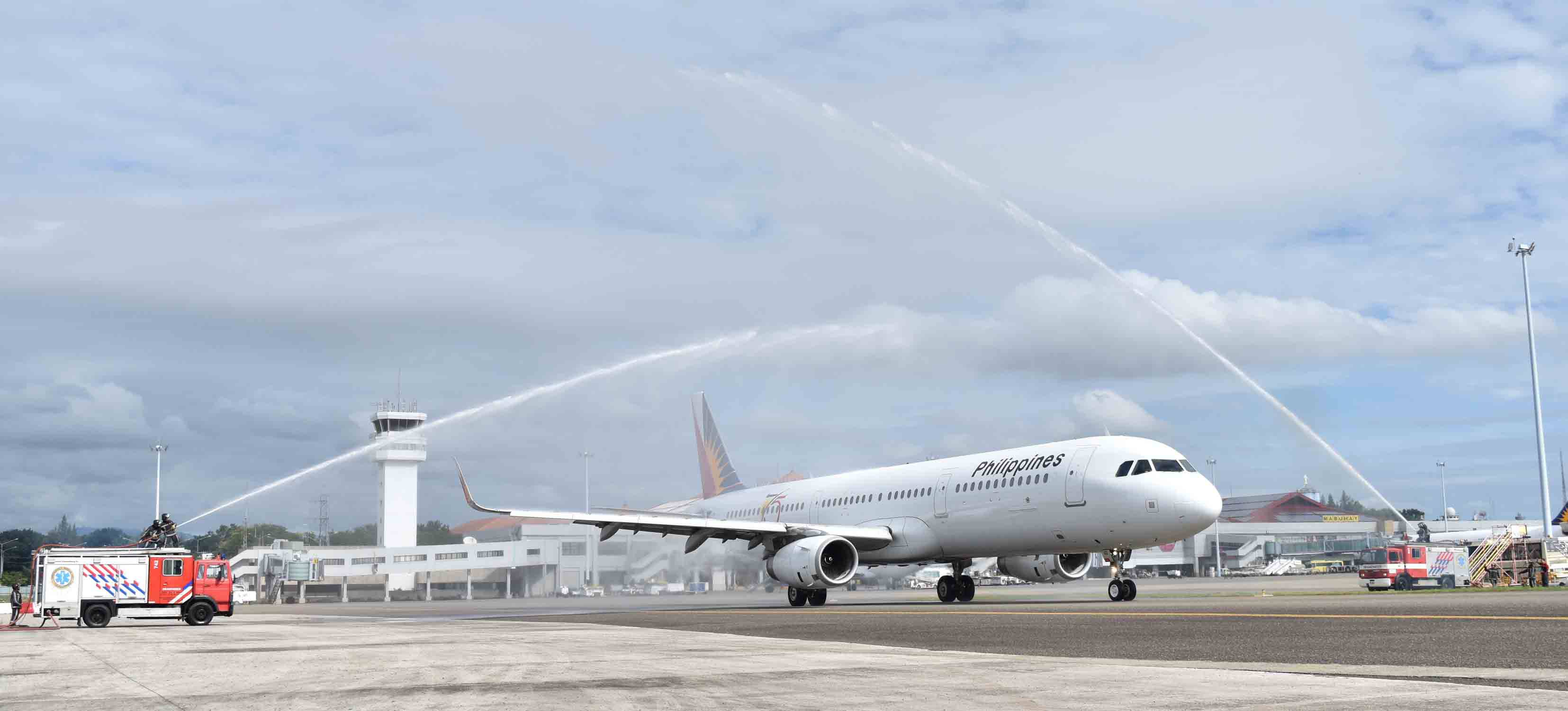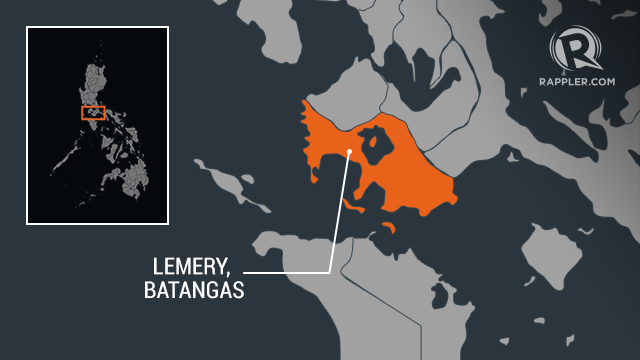![HIGH-IMPACT. Some of the high-impact entrepreneurs pose for a photo during Endeavor Philippines' 2nd anniversary celebration held at the Kenneth Cobonpue showroom in Makati on February 1, 2017. From L-R: Nix Nolledo, Meredith Ngo, Kenneth Cobonpue, Manny Ayala, Steve Benitez. Photo by Chris Schnabel/Rappler]()
MANILA, Philippines – For a luxury furniture maker, there can be no higher honor than having your creations used by heads of state.
That is exactly what Cebu-born Kenneth Cobonpue achieved at the Asia-Pacific Economic Cooperation (APEC) Summit in 2015, where he served as the creative director of the Welcome Dinner and designed the nature-inspired "Yoda chairs" used by Barack Obama, Xi Jinping, and other leaders of APEC nations.
Having hit that unique milestone and making his mark locally, Cobonpue is now intent on conquering the world with his eponymous firm, KC, and he's doing this with the help of the business leaders at Endeavor.
A global non-profit organization, Endeavor aims to transform emerging economies by providing support to high-impact entrepreneurs who in turn help other entrepreneurs in a process that creates exponential growth. The goal is to create a robust ecosystem similar to how Silicon Valley was developed.
Cobonpue, along with his business partner Christopher Reiter, were both chosen as Endeavor high-impact entrepreneurs by the Bali International Selection Panel last year, giving them access to mentoring from over 4,000 business leaders across the globe.
The organization put together an advisory board to help the two focus on building a luxury brand targeted for a developed market like the US, and also to focus on building the systems and processes needed for a global business.
While KC is already distributing its creations in over 60 countries through more than a hundred retail showrooms, it is now focused on expanding globally by opening its own stores.
Besides KC's flagship store in Makati, it also runs one in Cebu and one in New York. Cobonpue said they plan to open showrooms in Germany and Portugal next year, and possibly in Hong Kong.
"Endeavor has really helped us look at the company and asked us questions which we should have asked when we started. And so, we're looking at the company and trying to see what's our purpose, why are we here basically and what can we offer to the world," said Cobonpue at Endeavor Philippines' 2nd anniversary party held last week.
"It also allows us to take very bold decisions on where we are going – to see what our target is, who is our market, and really things that just got sidetracked in the course of growing," he added.
![INFLUENCER. 'Innovation and creativity are the heart of it and why we exist as a company,' says furniture designer and entrepreneur Kenneth Cobonpue. Photo by Chris Schnabel/Rappler]()
Creative multiplier
"Cobonpue is a force multiplier in the design industry," said Endeavor Philippines managing director Manny Ayala. "There have been a a number of up and coming designers, people like Vito Selma who he has taken under his wing, many of whom have begun to make a name for themselves on their own."
"I have no doubt that if we draw an influence map for the design industry, Kenneth will be at the center of it," Ayala added.
Cobonpue's influence is not limited to the design industry either, as he has teamed up with other creative forces such as Nestlé creative director Paolo Mercado and Adobo Magazine founder Angel Guerrero to set up a council that would devise a national strategy.
Cobonpue believes that creative industries, including design, food, music, film, and art, present unique opportunities for the Philippines to make a mark.
"It's similar to what Korea did where they developed their own creative roadmap," he said, noting that this is the main reason why Korean movies and pop music have become so popular around the world.
The council is also pushing for the strengthening of intellectual property rights to allow creativity to flourish.
"It's really a strategy to conquer the world through creativity," Cobonpue said. "In other industries such as tech, we are so far behind that playing catch up will be difficult. In a field like creativity which requires not capital, just brainpower, I think our multilingual culture will make it perfect for us."
Elevating coffee farmers and artisans
Another entrepreneur paving the road for fellow Filipino self-starters is Steve Benitez.
Having fallen in love with the process of creating coffee during long nights of studying law, Benitez dropped out of school to start Bo's Coffee in his hometown of Cebu in 1996. Bo's has since become the country's largest homegrown specialty chain.
Benitez was chosen as an Endeavor high-impact entrepreneur by the Madrid International Selection Panel also last year, in part because his firm focuses on supporting local coffee farmers.
Bo's sources its coffee from growers in Sagada, Benguet, Mt Kitanglad, Mt Matutum, and Mt Apo. It also works with the farmers to refine their techniques.
"Benitez has a soft spot for social entrepreneurship and has worked closely with social entrepreneurs and small business owners like Theo & Philo, Bayani Brew, Anthill Fabric Gallery, to level them up. They are available in all of his stores and he continues to act as a mentor to them," Ayala said.
It's the focus on local produce and creativity that has defined Bo's and helped it hold its own against large multinationals such as Starbucks, added Ayala.
Benitez's model has proven to be so successful that he was told by the Madrid panel that his ambition to double the number of stores was too low, and that he should aim for 400 in the next few years instead.
Ayala also mentioned that some months after the Madrid selection process, Benitez was able to raise a "significant amount of money in part from the Endeavor network and is well on his way, having opened another 100 stores already."
One of the Endeavor mentors, Paolo Mercado, helped Benitez solidify the brand's "homegrown" identity. Benitez also benefited from a new program that parachuted 1st year business school students to work on particular issues.
![BO'S COFFEE. Steve Benitez poses at Madrid's Estadio Santiago Bernabéu, the home of Real Madrid FC, following his selection as an Endeavor high-impact entrepreneur in 2016. Photo from Endeavor Philippines]()
Impact 2.0
Cobonpue and Benitez are just two of the 8 high-impact entrepreneurs chosen by Endeavor Philippines so far, who operate in fields that range from technology to business process outsourcing, retail, and health care.
Now operating in its 3rd year in the country, Endeavor is looking to multiply its impact by adding 6 or more Filipino entrepreneurs to its network in 2017.
"One of the things we're trying to do is pump up the volume, so to speak, be a little more proactive with cultivating the message out there," Ayala said.
"We are living through the first inclines [in the Philippines], but if the history of Endeavor in other countries is anything to go by, as long as we focus on the true north of paying it forward, the multiplier effect will continue to ripple worth."
Endeavor, which is present in 25 other countries aside from the Philippines, has already created 600,000 high-quality jobs globally through its selection of 1,336 high-impact entrepreneurs whose firms total more than $8.2 billion in revenues.
The organization has also helped these entrepreneurs raise around $700 million in funding to boost their impact.
"[Virgin Group founder] Richard Branson once said that behind every successful entrepreneur is a supportive mentor propelling him or her to success. At Endeavor, we need to tweak that a bit to say that behind every entrepreneur is a group of generous souls who reinvested their knowledge, credibility, and resources to propel them to success," Ayala said. – Rappler.com
Editor's Note: Manny Ayala is part of Rappler's board.
![]()





































